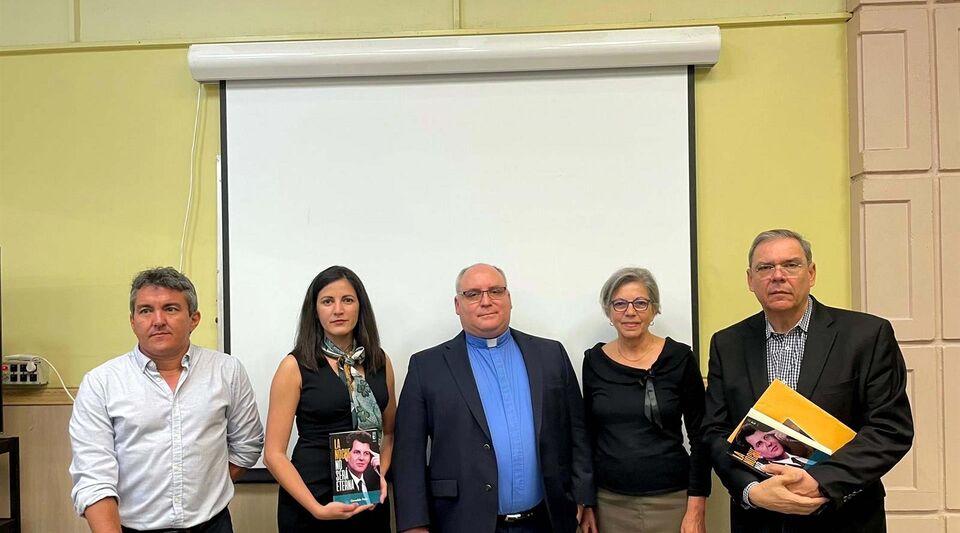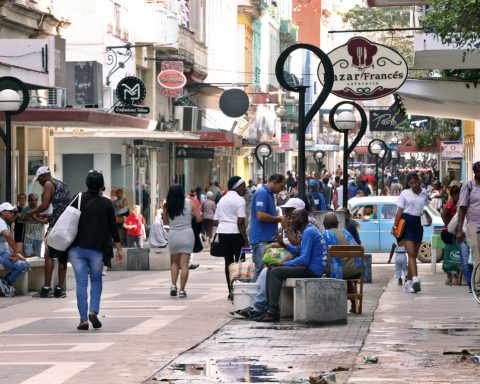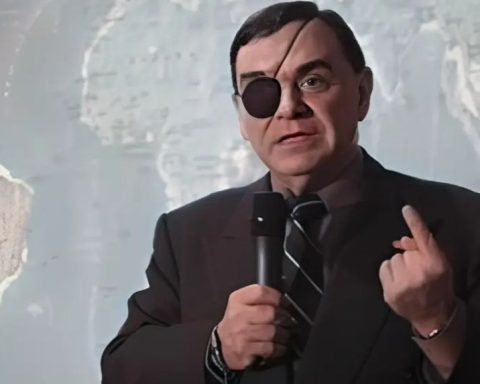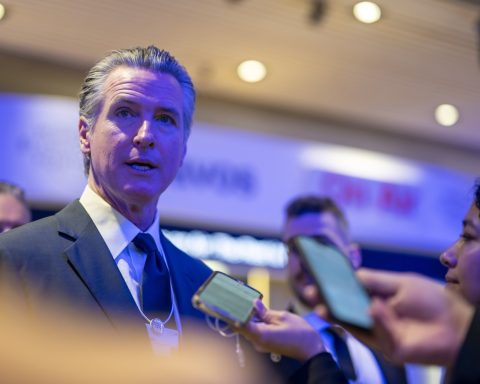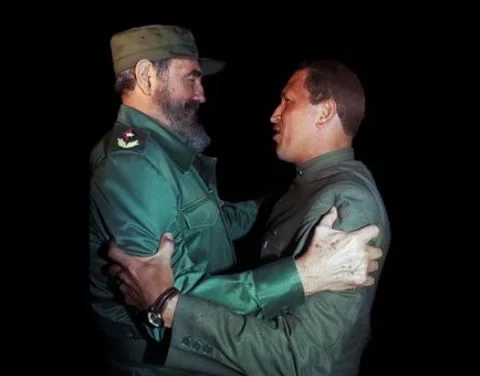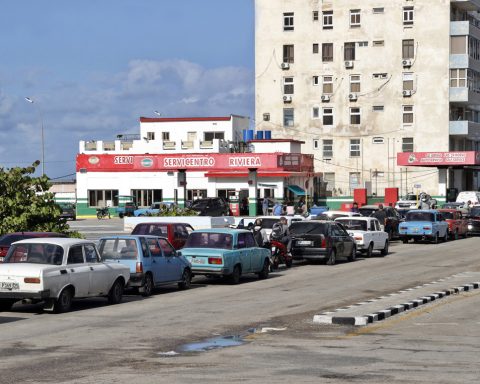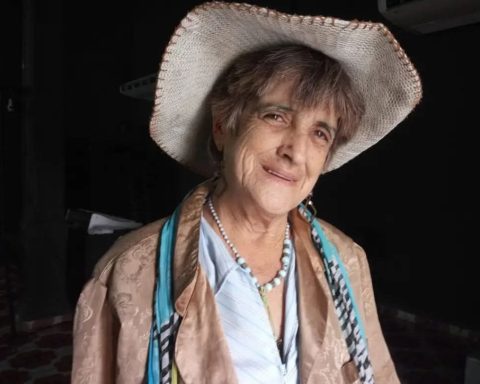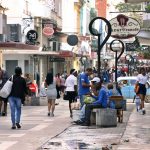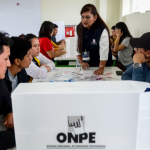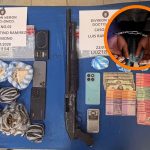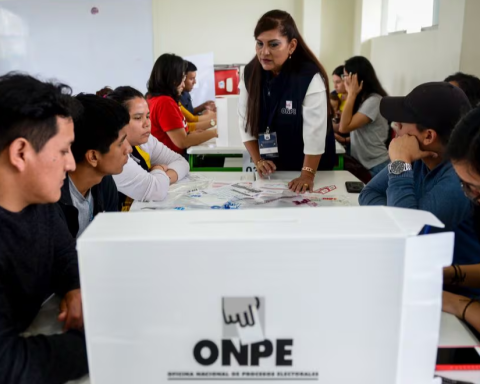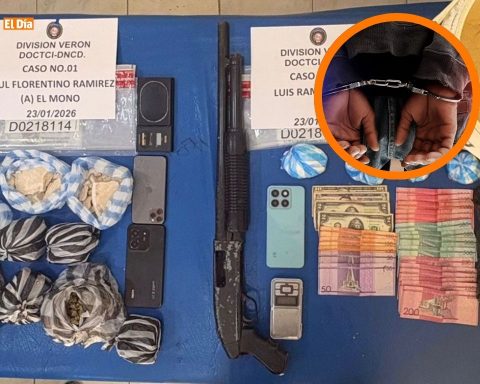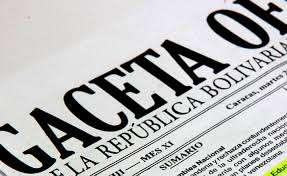(EFE) .- Rosa María Payá, daughter of Cuban opposition Oswaldo Payá, will only say “mission accomplished” when justice is done for her father’s death, but she feels happy because the Inter-American Commission on Human Rights (IACHR) is close to to rule on whether he was the victim of a “State assassination”.
In an interview with Efe on the eve of the first hearing of “case 9,416” before the IACHR, Payá highlighted that an acknowledgment – and condemnation – by the body of the responsibility of the Cuban State in the apparent accident in which his father and Harold Cepero in 2012 would be “very important” for the families.
But also for the people who are being victims of the repression in Cuba, which, although it has not stopped for more than 60 years, has reached “stratospheric” levels as a result of the protests that broke out on July 11, he stresses.
At the hearing, which will be held on Tuesday, December 14 in a virtual way, Ofelia Acevedo, widow of the founder of the Christian Liberation Movement and ideologist of the Varela Project, Rosa María Payá, daughter of both, Amílcar Cepero, Harold’s father, and Spanish politician Ángel Carromero, among others.
Payá’s family denounced from the first moment that it was an attack in which another vehicle intervened, and in 2013, together with Cepero’s, they filed the complaint with the IACHR
On July 22, 2012, Carromero was driving a car at high speed, with Payá, Cepero and a Swedish politician, Jens Aron Modig, as passengers, who left the road where he was circulating in Cuba and hit a tree, according to the version official of the events, with which the families of the deceased and one of the survivors disagree.
Modig made a “pact of silence” and claims not to remember anything, according to Rosa María Payá. The Spaniard, from the conservative Popular Party, was accused of reckless driving resulting in death and sentenced to 4 years in prison in Cuba, although most of his sentence was served in Spain thanks to an agreement between governments.
Payá’s family denounced from the first moment that it was an attack in which another vehicle intervened, and in 2013, together with Cepero’s, they filed the complaint with the IACHR, which has taken nine years to convene the first public hearing, but He has had all the information on the case for a long time.
According to Payá, it will not take long to pronounce itself and tomorrow’s hearing will be the occasion for the presentation of the final arguments of the parties, or rather of one of the parties, since Cuba, which is subject to the IACHR despite being suspended of the Organization of American States (OAS) for decades, has not appeared.
“Unfortunately,” she added, if the IACHR accepts the claims of the complainants, as she hopes, the case will not go to the Inter-American Court of Human Rights, since it does not have jurisdiction over Cuba, since that country is not a signatory to the constitutive agreement.
“Unfortunately,” she added, if the IACHR accepts the claims of the complainants, as she hopes, the case will not go to the Inter-American Court of Human Rights, since it does not have jurisdiction over Cuba.
However, the complainants will insist once again before the UN and the Council of Permanent Representatives of the OAS with the ruling in hand with a view to “stopping the impunity of the regime,” said Payá, who is part of the Cuba Decide directive.
The Cuban opponent, who assures that the evidence presented is “clear” and conclusive “about the commission of an” attack “perpetrated by Cuban state security agents on orders that” could only come from Fidel or Raúl Castro, “recalled the result of an independent report published in 2015.
Prepared by lawyers from the Human Rights Foundation (HRF), the report maintains that the evidence in the case “suggests” a “direct responsibility” of the Government of Cuba in the death of Payá and Cepero, either with an express intention to assassinate them. or with a “wicked disregard” for their lives.
The document compiles testimonies and refers to physical evidence that was revealed “in the months after the fact and that was not considered at all by the court that convicted Carromero.”
What happened on July 22, 2012 “was not an accident,” but “the result of a motor vehicle incident deliberately caused by state agents,” the HRF document maintains.
“There is a strong indication that the car was hit by another. We do not know if they died when the vehicle was hit or if they were later removed and beaten to death, which is also possible,” said Javier El-Hage, international legal director of HRF, when the result of the investigation was presented.
The families of the two deceased are represented before the IACHR by lawyers from the Robert Kennedy Center for Human Rights, and the Cuban State has not been present despite having been repeatedly notified by the inter-American system body, Paya added.
The opposition made “a call for attention in capital letters” to all democracies in the world to act before a regime that represses its people – “more than 600 political prisoners at present” – and is capable of “assassinating” those who are they oppose him.
________________________
Collaborate with our work:
The team of 14ymedio He is committed to doing serious journalism that reflects the reality of deep Cuba. Thank you for joining us on this long road. We invite you to continue supporting us, but this time becoming a member of our journal. Together we can continue transforming journalism in Cuba.
